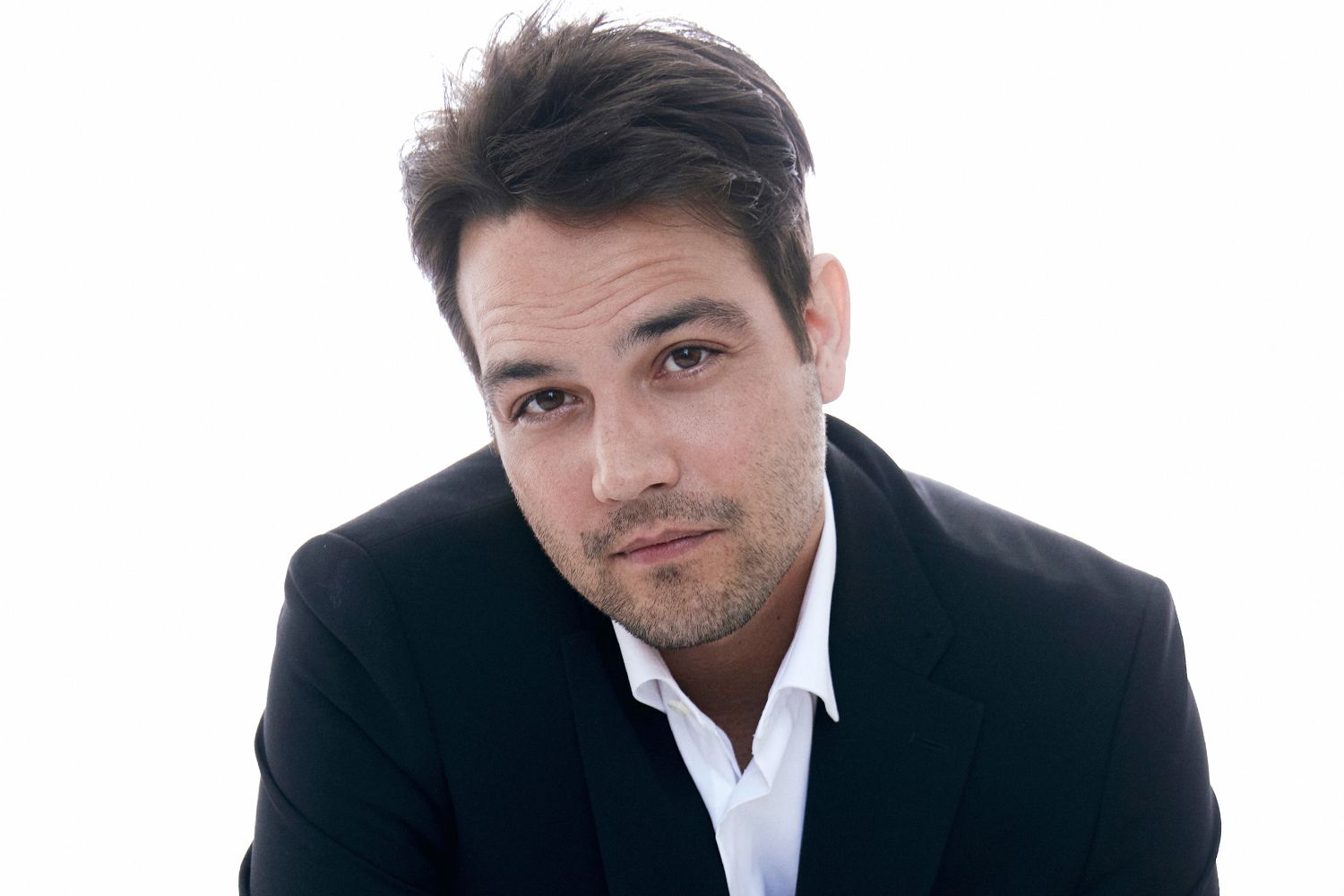Daniel Zovatto never repeats the same face twice. Each role carries a different weight, a different rhythm, a different edge. Audiences first caught a glimpse of his intensity in It Follows, but that was only the beginning. Over the years, he has taken on roles that span horror, mystery, drama, and even historical fiction. His range runs wide, yet his presence remains consistent. Grit. Vulnerability. Fire behind the eyes.
The performances covered in this breakdown show the full scope of what Zovatto brings to the screen. The choices feel precise. The characters feel lived-in. Every role leaves a mark.
It Follows (2014)

Greg is the kind of guy who believes nothing bad ever touches him. He watches others panic, but never joins them. He offers help, but only on his terms. Daniel Zovatto plays him with a calm that borders on arrogant. He does not look scared.
He does not look interested. That indifference becomes the most chilling part of his performance.
When he agrees to take the curse, it feels transactional. No fear. No care. Just a move he thinks he can outsmart. Zovatto leans into the emptiness. He knows this character is not a savior. He is a mirror.
A reflection of what happens when someone refuses to believe the rules apply to them.
It Follows creates tension through stillness, space, and quiet dread. Zovatto’s performance mirrors that exactly. He never raises his voice. He never breaks character. Every decision Greg makes feels like a person who thinks he is smarter than fear itself. And that is what makes his death hit harder than anyone else’s.
Don’t Breathe (2016)
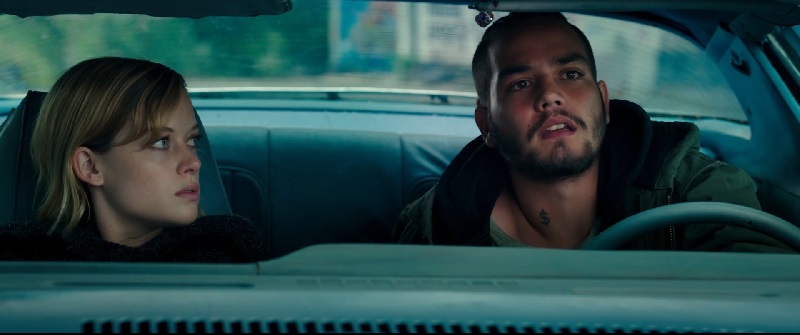
Money walks into the house thinking he controls the scene. He speaks like someone who already decided how the night will end. Zovatto makes every second count by giving the character a surface made of noise and bravado, but no foundation.
The performance does not reach for depth it cannot earn. It stays honest. Money believes speed and volume equal control. Zovatto leans into that ignorance without making the character hollow. He delivers each line with tension behind the cockiness, like a fuse already lit.
Money acts fast, but thinks slow. That becomes clear the moment the blind man steps into view. Zovatto does not overplay the reaction. He lets the shift show in body language and eye movement. One glance to the side.
One pause before a word. That is all it takes to crack the illusion. His death is quick because the character had no plan beyond fear and impulse.
The Scene That Defines the Role
Zovatto lets the final moment speak without begging for attention. He pulls the gun. The bluff fails. The silence grows. He tries to hold his ground, but the air shifts. He cannot stop it. The blind man reacts with precision. Money drops before the audience has time to process it.
Lady Bird (2017)
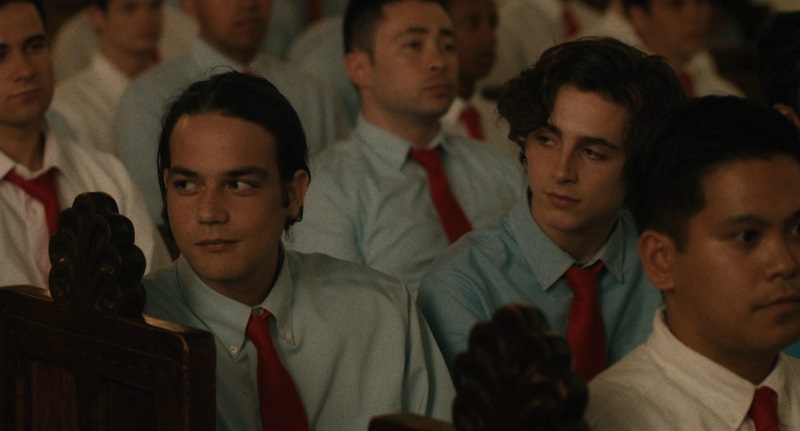
Jonah Ruiz does not ask for attention. He sits back, speaks carefully, and never forces his presence. In a film filled with loud confrontations and clashing personalities, Zovatto plays him like a soft echo in a crowded hallway. He keeps his tone calm, his words measured, and his emotions tight. That choice gives the character weight without ever pulling focus.
Zovatto does not fight for space in a scene. He understands Jonah exists to reflect, to contrast, and to let the audience breathe. He knows where to step in and where to step back. The restraint is deliberate. There is no need for a character like Jonah to explode. The strength comes from patience and observation.
How He Fits in the Story
Lady Bird’s world moves fast. Every relationship sparks with conflict or collapse. Jonah offers none of that. His scenes give space for small pauses and awkward calm. Zovatto makes those moments feel natural. He allows Jonah to exist without judgment or intensity. The silence between his lines means more than the lines themselves.
Flinch (2021)
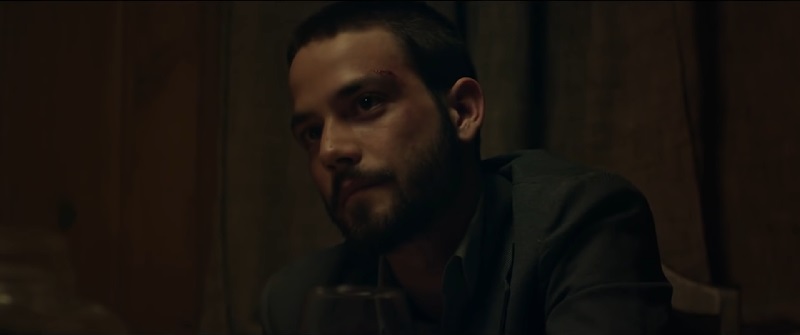
Joe Doyle kills without hesitation. He lives by code, not emotion. In Flinch, Daniel Zovatto strips the performance of decoration. There is no charm, no sentiment, no wasted glance. Every scene moves like a knife—quiet, fast, and sharp. He plays Doyle as a man who only knows control. When that control slips, Zovatto lets the cracks show in silence, not with collapse.
The strength of the role comes from rhythm. Zovatto walks slow. He speaks slow. His eyes never dart. That makes the violence hit harder. He brings out something dangerous without yelling, posturing, or breaking down. His presence holds tension even when nothing is happening, because the character never blinks unless he means to.
How He Carries the Tone
The entire film depends on atmosphere. Zovatto keeps it tight. His restraint gives the movie its weight. When he breaks the silence, it matters. Every move pushes the story. Nothing drags. Nothing repeats. The film lets him hold the frame without forcing it.
Woman of the Hour (2024)
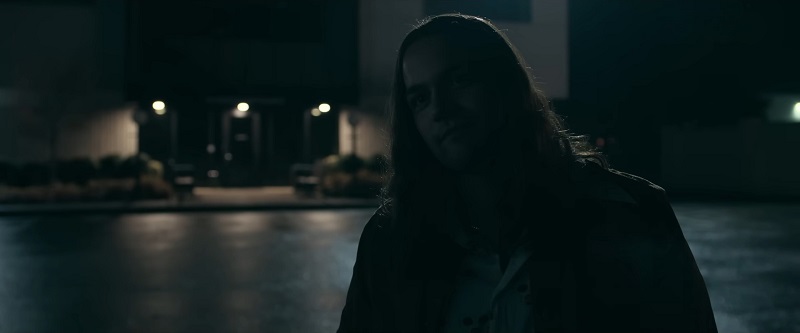
Rodney Alcala was a real serial killer who once appeared as a contestant on The Dating Game. In Woman of the Hour, Zovatto takes on the role with terrifying calm. He plays Alcala with charm that never feels real, confidence that never rests, and a threat that hides in every pause. There is no villain laugh. There is no dramatic shift. Zovatto wears the mask the entire time. That decision makes it more horrifying.
He moves like someone who knows no one sees the danger. He delivers each line with polished ease, but never lets the viewer feel comfortable. The fear builds slowly, because Zovatto plays Alcala like someone who believes his own performance. That is where the true horror lives.
Final Thoughts
Daniel Zovatto has proven that lead roles do not need flash to carry power. He works with full control, shaping tension without forcing it. Every performance delivers choices that never feel scripted. He uses the space between words, the slight shift of posture, and the weight behind stillness to hold attention. That kind of control comes from discipline, not instinct.
He belongs in more lead roles—not because he demands attention, but because he earns it. He elevates the material without overpowering it. That kind of balance turns decent scripts into sharp stories and quiet characters into unforgettable ones.

